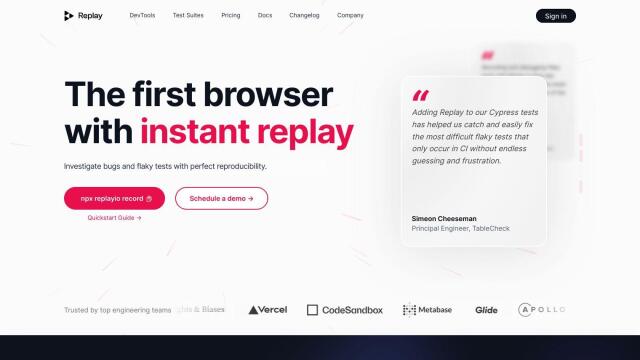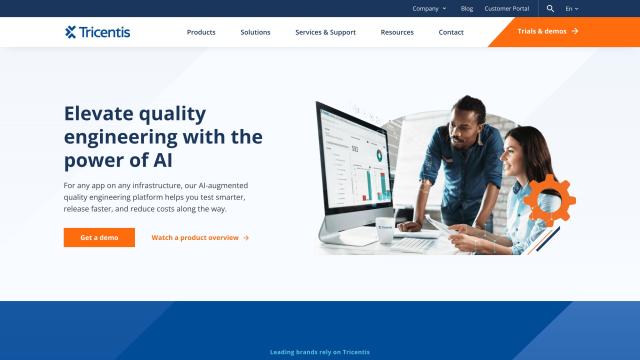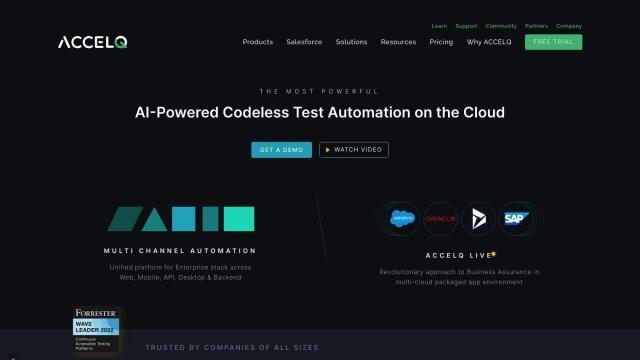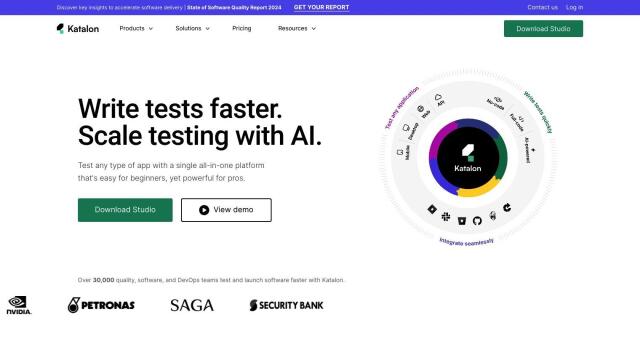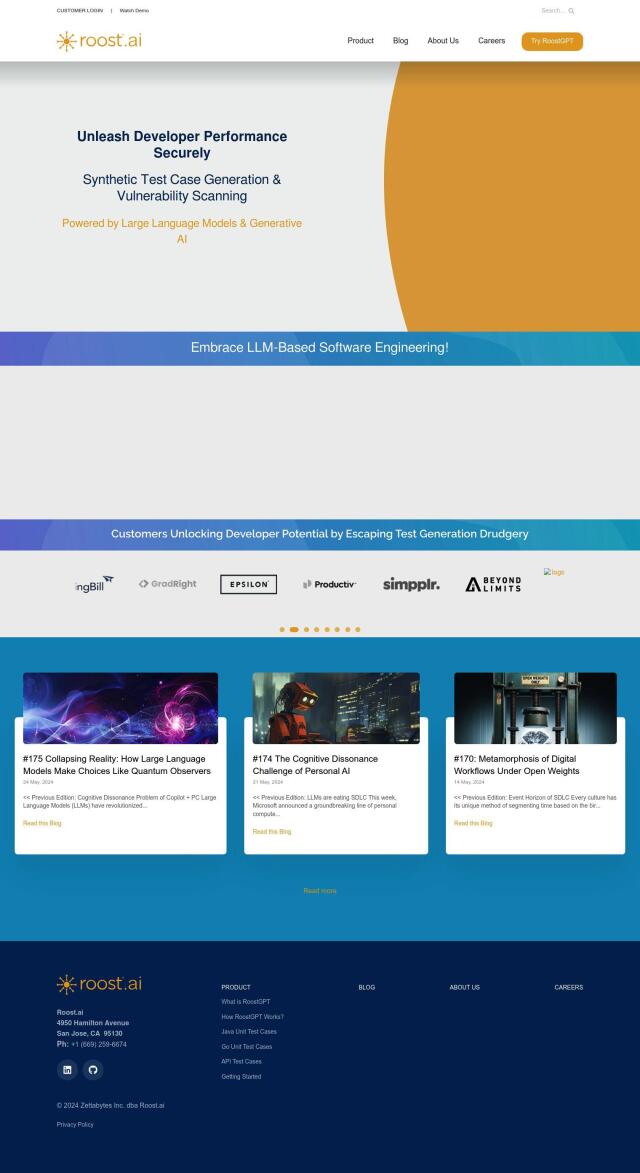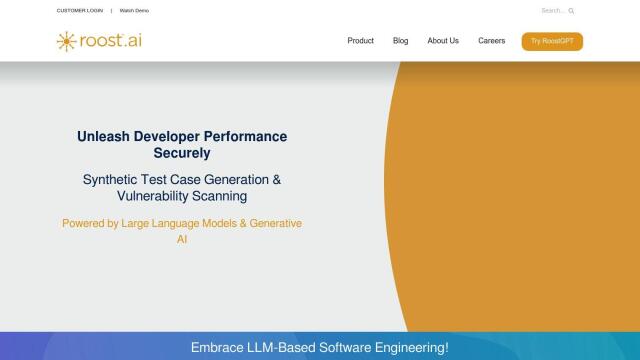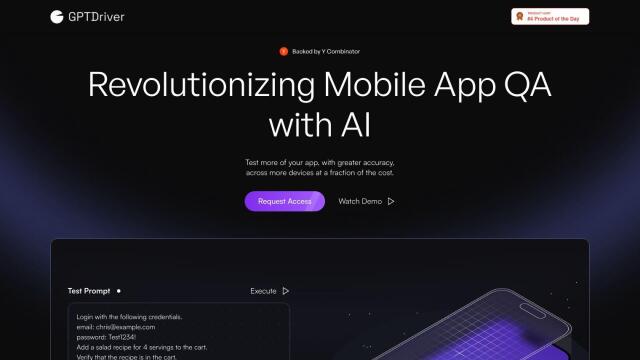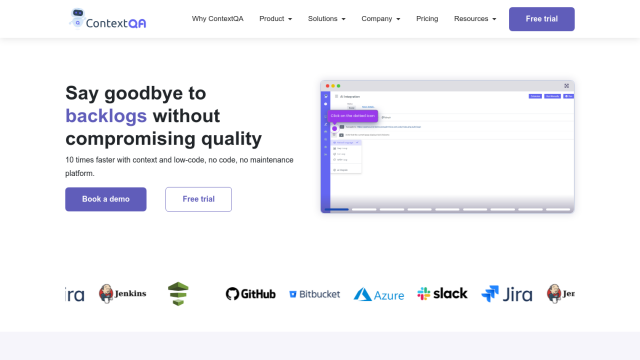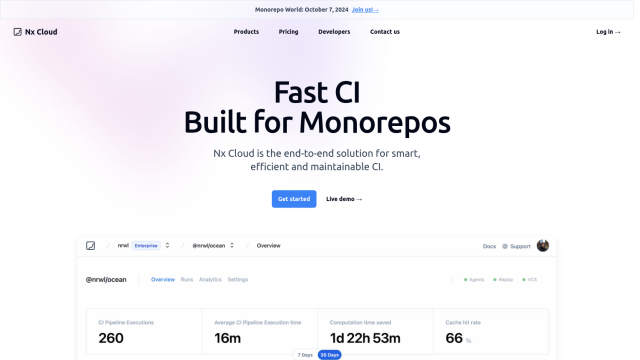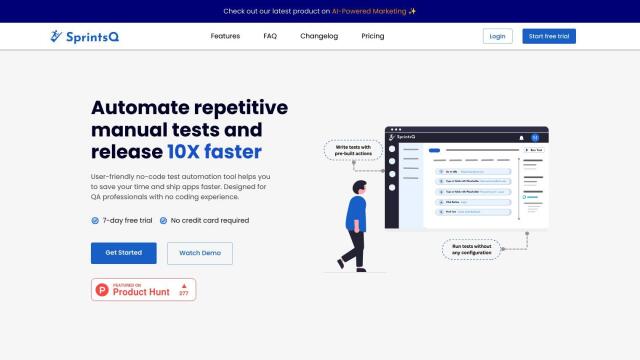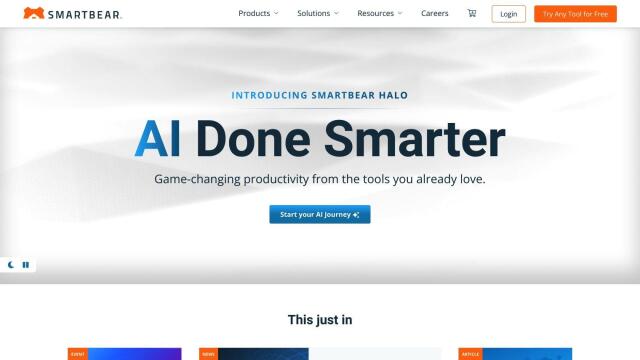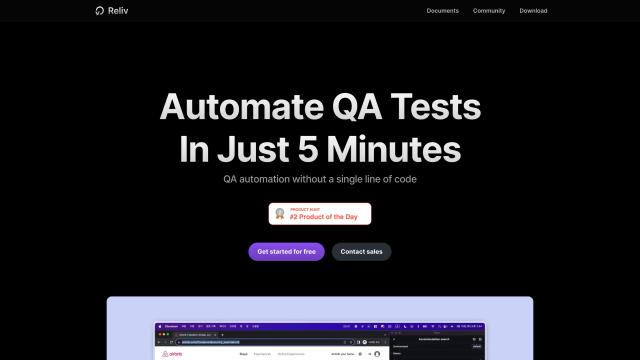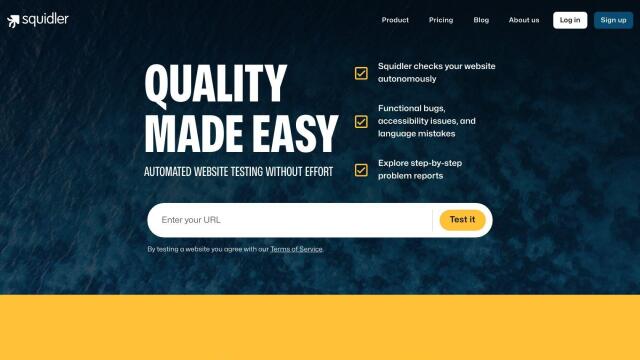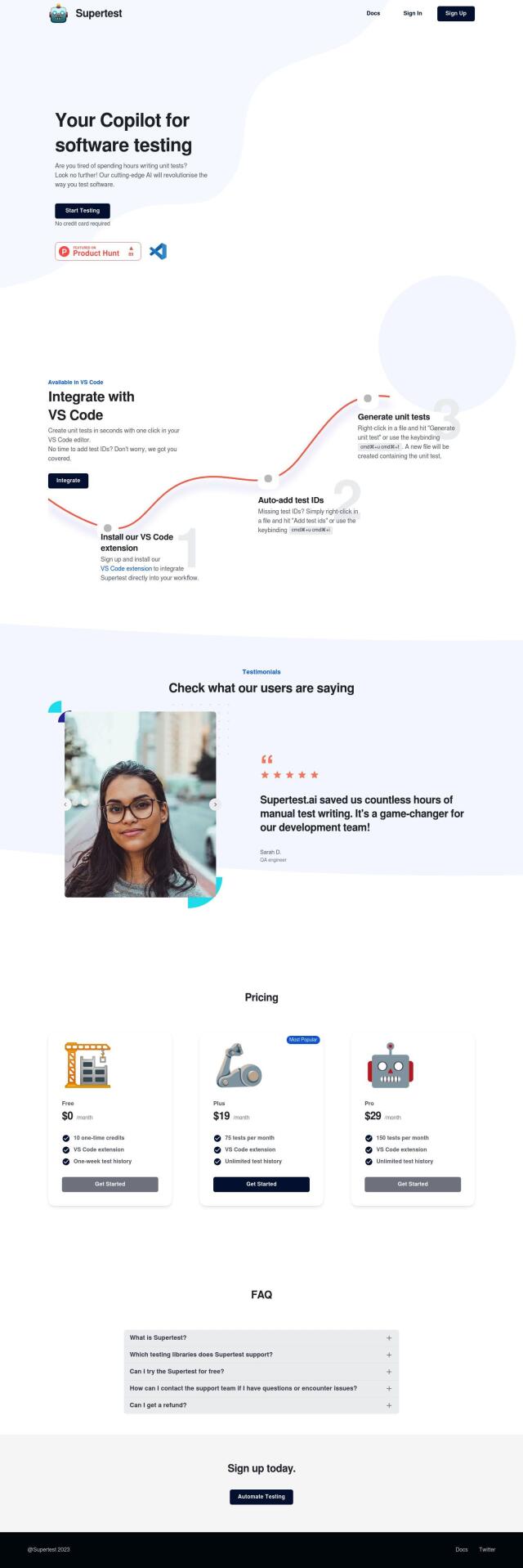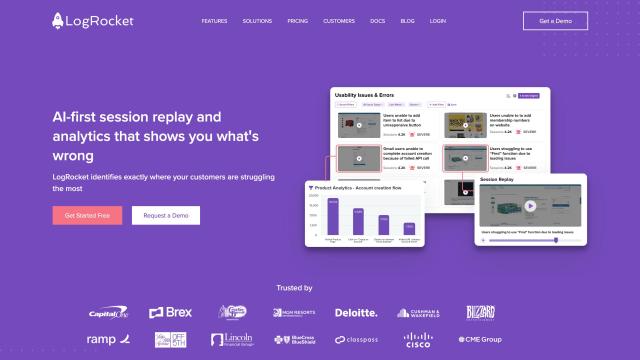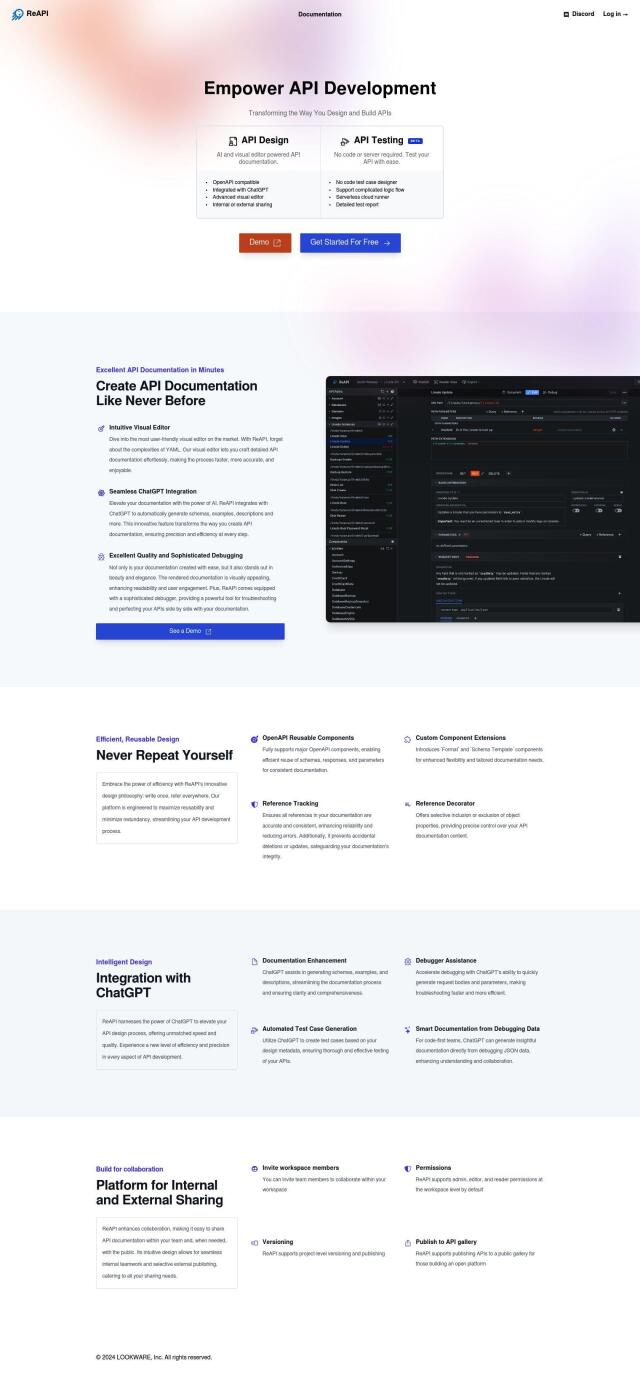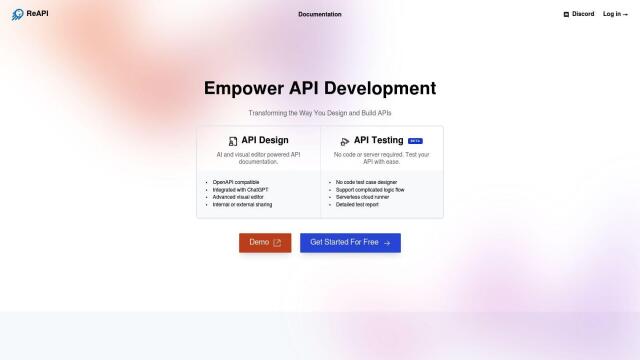Question: Is there a testing tool that adapts to changes in UI and workflow, reducing maintenance efforts?

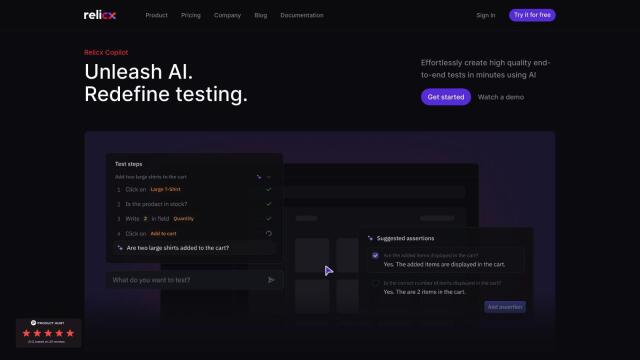
Relicx
If you're looking for a powerful testing tool that can keep up with changes to UI and workflow, Relicx is a great choice. This tool uses Generative AI to generate high-quality end-to-end tests rapidly, which means less time spent on test authoring and higher test quality. It includes self-healing tests, resilient smart selectors, and automatic validation of API errors and visual regressions, so your tests stay relevant even as your application changes. Relicx also integrates with existing testing infrastructure and supports CI/CD pipelines, so it's a good choice for maintaining testing efficiency.
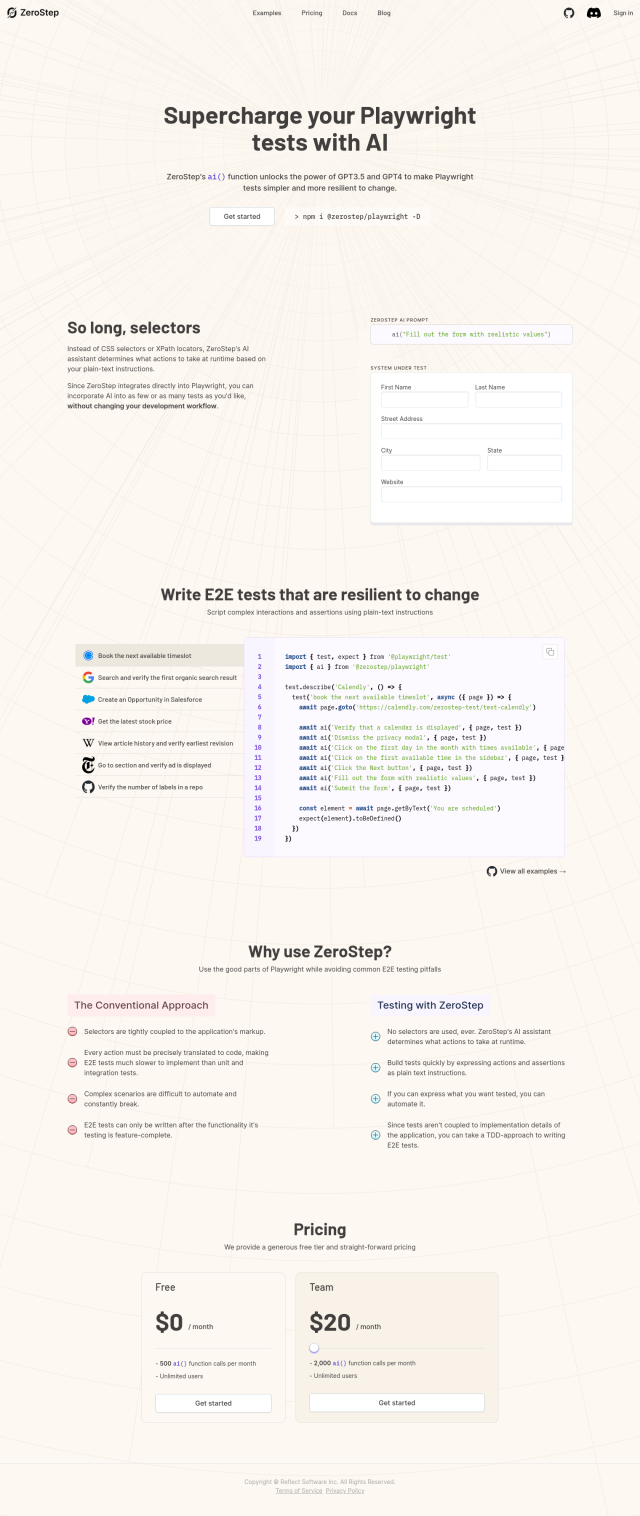
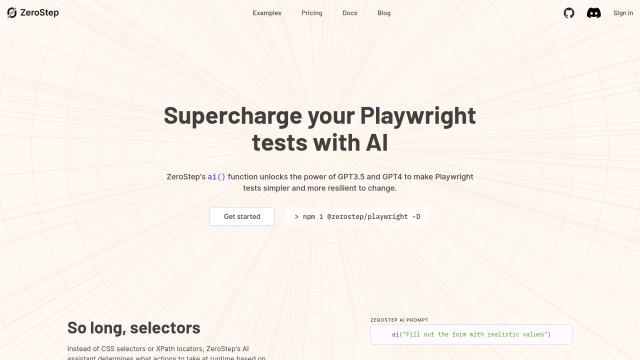
ZeroStep
Another tool worth considering is ZeroStep, which embeds AI-powered testing directly into Playwright. ZeroStep tests make it easy to specify actions and assertions using plain text commands instead of traditional CSS selectors or XPath locators. That means tests are more resilient to changes in your application's UI and workflow. The tool lets you script complex interactions and assertions using natural language, which makes it easier to maintain and update your tests as your application changes.

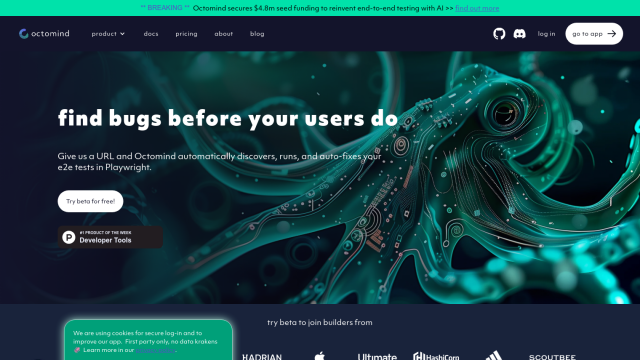
Octomind
If you're already using Playwright, Octomind is a powerful tool for automating test generation, execution and auto-fixing. It can identify important user flows and automatically generate test cases, ensuring your CI/CD pipelines run smoothly. Octomind's auto-fixing of test code and prevention of test flakiness helps with common problems like timeout logic and false positives, so it's a good choice for keeping your testing processes high quality.

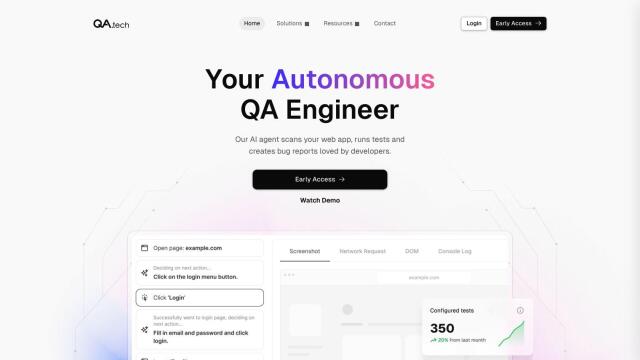
QA.tech
Last, QA.tech is an AI-powered self-service QA testing tool that can dramatically reduce the maintenance burden of testing. By crawling web applications, running tests and generating detailed bug reports, QA.tech ensures your application is working as expected while providing real-time feedback and dynamic adaptation. Its integration with CI/CD tools and immediate notifications let developers focus on development instead of tedious testing work.

